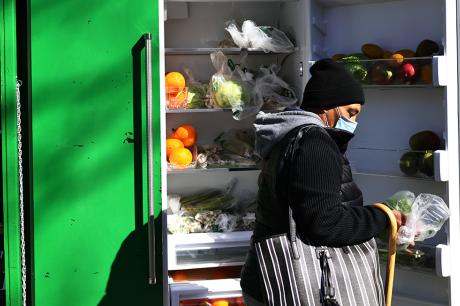Articles and analysis on today's issues

Federal cuts to the Supplemental Nutrition Assistance Program could cause some DC-area families to lose an average of $187 in monthly benefits.
How Local Governments Can Harness Disaggregated Data without Compromising Privacy Synthetic datasets can offer local governments the opportunity to better and more equitably serve their communities while preserving privacy, but creating these datasets also requires careful consideration of some potential limitations.Supplemental Security Income Thresholds Are Out of Date; Updating Them Would Reduce Poverty. Updating the Supplemental Security Income program’s asset and income limits would reduce poverty and improve financial security for people with disabilities and their families.New First-Look Policies Have Helped Owner-Occupants Purchase Lower-Cost Homes New data show that revamped first-look policies have allowed homebuyers to purchase lower-cost homes absent competition from investors.Disaggregating Data Is Critical to Dismantling the Model Minority Stereotype The Asian American, Native Hawaiian, and Pacific Islander community (AANHPI) is made up of more than 50 ethnic groups yet is often distilled as the homogenous “model minority.” Disaggregating data on AANHPI economic well-being is essential to accurately capturing and addressing the unique needsWhat If Every Eligible Person in Your State Received Safety Net Benefits? Poverty would decrease significantly and total benefit amounts would increase substantially across states if seven safety net programs were fully funded and everyone who qualified participated in them.What Infrastructure Supports Do Mutual Aid Groups and Social Movements Need to Succeed? Mutual aid groups and social movements meet critical community needs, often during crises, but face funding challenges.





